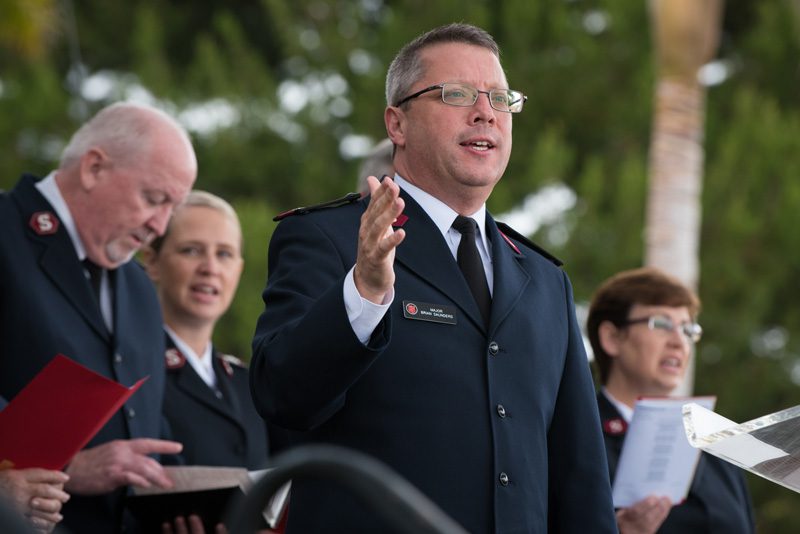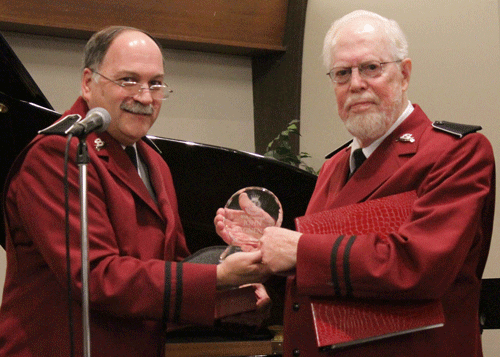BY ROBERT DOCTER –
An open letter to
Ambassadors of Grace
I hope you embrace that identity as representing a lot more than your session name. I hope you see yourselves as Grace-filled ambassadors to a hurting world burdened with self-centered people embracing a survivor mentality.
I hope you see yourselves as ambassadors with Grace–that you actually see Grace as something you carry with you–that it impacts your daily behavior–that it shapes the nature of your interpersonal interactions–that it is something you intend to shower generously upon those around you. I hope you are among those very rare officers who actually visit the people they serve–those to whom they minister. These can be moments that solidify their perception of you as “the pastor.” Watch your labels. Real pastors never describe their fellow worshippers as “my people.” I hope you carry grace with you out into the community spreading its sweet aroma without words–just a friendly smile, a touch, a hand-shake, a hug.
I hope you can claim with certainty that you are ambassadors in Grace–that you genuinely feel the power of God’s forgiveness with such intensity that you can even forgive yourselves for some of the thoughtless, stupid decisions you have made in your life. I do not believe that God expects perfection. What he expects is a connection. You will know that you walk in Grace as you feel God’s peace around you and in you–as you experience the freedom of a non-judgmental attitude directed toward those around you–as your thoughts and behaviors toward others capture the essence of the love of Christ and the forgiveness of God.
I hope you will see yourselves as ambassadors for Grace–that you will become an advocate of a spirit of never-ending love–of undeserved, perpetual forgiveness, and that you will achieve that advocacy without providing a lot of controlling, verbal direction to others about how they should be–or ought to be. Shoulds and oughts are a real turn-off. They’re important for children–not for adults. We don’t need to give orders or directions to people that might cause them to feel inferior, inadequate or bad. Always remember, the letters C.O. stand for corps officer –not commanding officer. This does not mean that your leadership style should lean toward laissez-faire–where you leave leadership to others. You must not confuse democratic leadership with laissez-faire leadership. Work with people to help them actualize their vision for the corps. Have a personal vision for your self. What will happen in your appointment over the next few years? When you leave, will it be better or worse? How hard to you intend to work? How many members will you visit each week? They are more important than the paper work.
You are hereby appointed to be an Ambassador of Grace. Ambassadors are the sovereign representatives of a higher authority. Their place of work is owned by that higher authority. God is that higher authority–not simply the Army.
Inasmuch as the Army has sent you to your appointment because, through its leaders, it listens to God, you both have the same connection. Therefore, be on the same wave length. Get rid of any static contaminating the airwaves between you and your leaders and between you and God. Some of that static is your own voice. You think you know best–your ideas are superior–maybe you’re right. Just remember, God has ownership of your appointment. He is in charge. You must listen to him.
Ambassadors carry messages. They speak for that higher authority. If you step into a pulpit believing you will deliver your sermon, not much of any consequence will happen. If, instead, you’ve talked to God about it and listened to his voice–you will have the honor of carrying his message.
Be a servant. Know how to relate to people–that’s your primary function. And always remember to Go with Grace.












